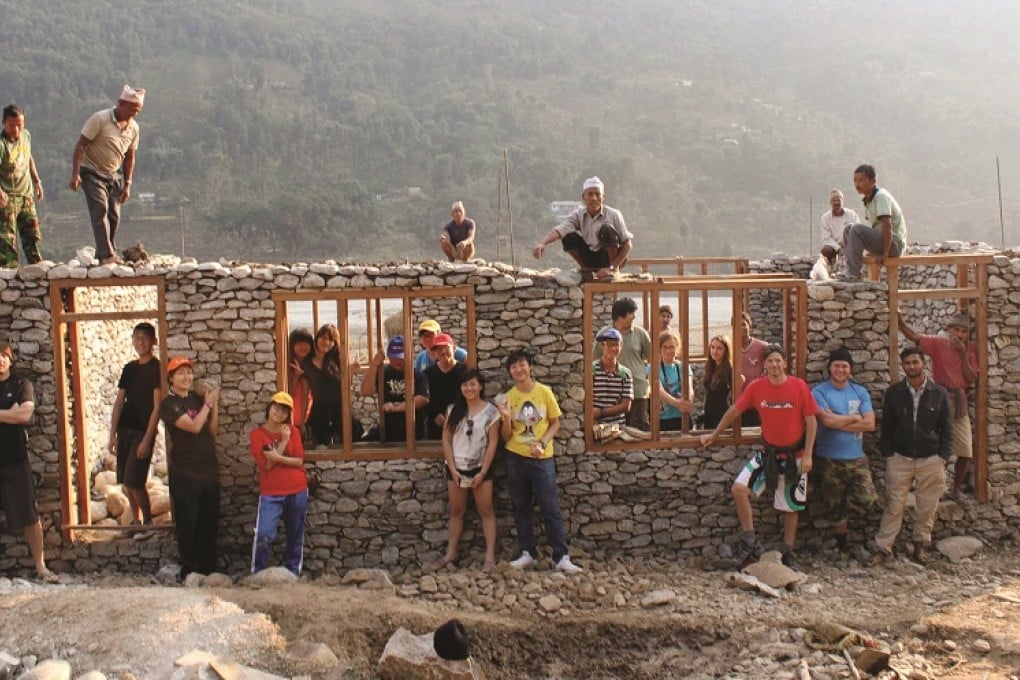Planting seeds of hope
Schools use volunteer work to help students realise the importance of giving back to the community. Service learning is an increasingly important aspect of education...

Service learning is an increasingly important aspect of education, one that goes beyond exam results. Not only does it help develop impressionable young minds into empathetic, responsible global citizens, it also challenges the deeply-embedded notion of what “success” really means.
While it is commendable for schools to create a robust culture where students and teachers actively engage in local, regional and global community service, it’s also important that students have the right mindset so that they understand the significance of their actions.
“Service learning is not a quick process,” says Peter Muir, the creativity, action and service (CAS) director, and community engagement co-ordinator of Discovery College, a private independant English Schools Foundation (ESF). “We have to realise that making a transformation is not as simple as raising funds, or just raising awareness.
We need to look at ways of helping our students understand the complexities of these issues, and how they can play a role in changing the processes that help create many of the issues we face.”
The school has been encouraging students to take the initiative in forming small groups to work on various social issues under the supervision of teachers.
The projects are usually very closely related to what they have been learning at school, ranging from human rights issues and environmental protection, to literacy among underprivileged children both at home, across the border in the mainland, and abroad.
Examples of these projects may involve trips to Hong Kong’s low-income districts, outreach programmes for immigrant families, or overseas trips where they help to build schools and homes.